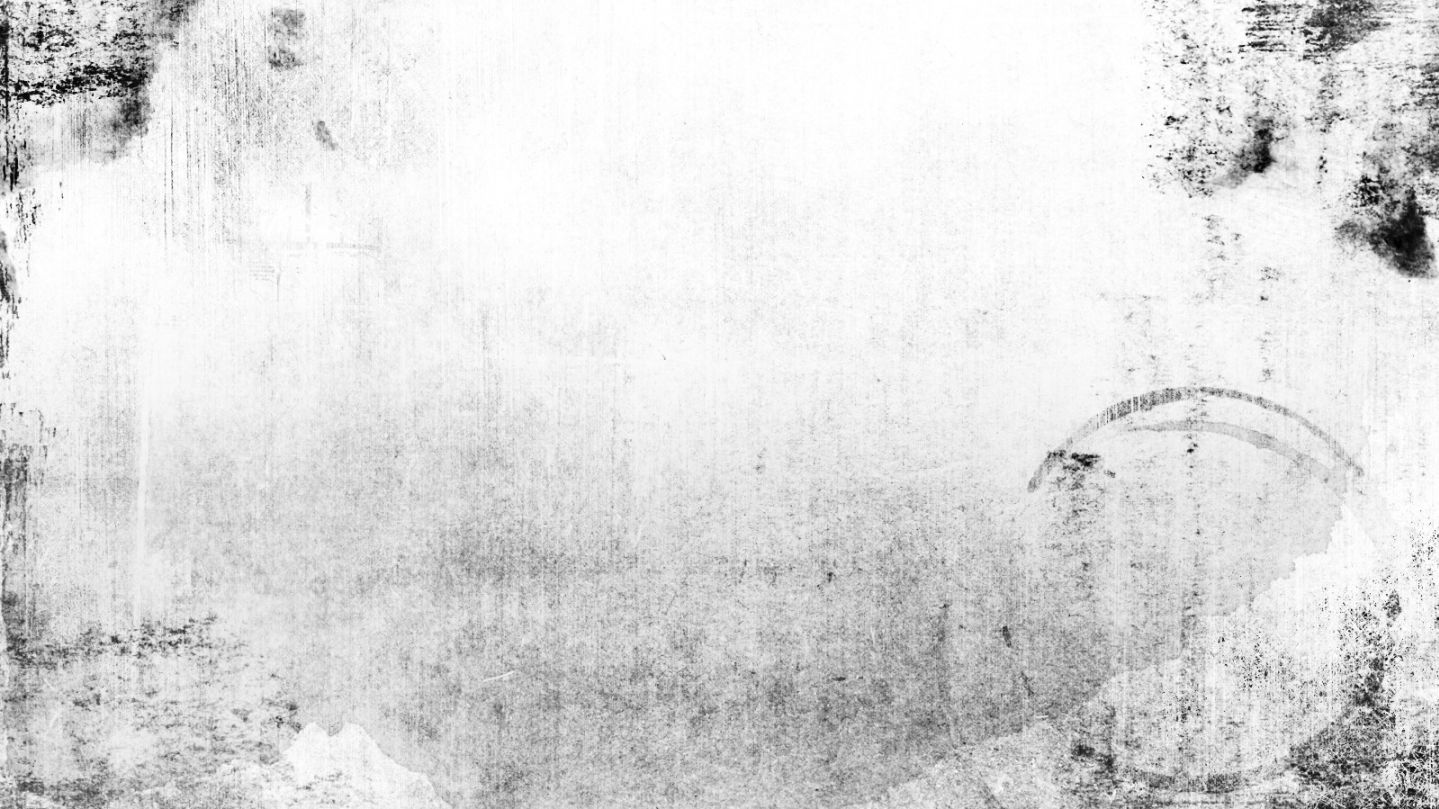Editor’s Note: David G. Allan is the editorial director for CNN Travel, Style, Science and Wellness. This essay is part of a column called The Wisdom Project, to which you can subscribe here.
While I was hiking recently with my family, a woman came toward us from the other direction, wearing a standard face mask. As we neared, she jumped to the edge of the trail and then pointed at us. Firmly, but not rudely, she asked us to keep our distance while we passed.
We weren’t wearing masks. No one — at least who we saw — in the park was wearing a mask, except her. Being outside and occasionally passing strangers is a very low-risk activity (though not imaginary) for Covid-19 exposure, so we didn’t cover our hot and sweaty faces with masks.
We were not being careless, and in Georgia, where we live, wearing masks isn’t required while exercising outdoors. But ethically speaking, the masked hiker was right. And in that moment when we drew closer, it took courage for her to speak up.
We intuitively knew she was right, which is why we quickly apologized and stepped off the trail so she could pass. The fact that she merely perceived a threat obliged us to do as she asked (within reason).
If we all possessed the courage of this masked hiker — not just to be extra cautious but remind others to do the same — and if we could learn to do it mindfully, there might be fewer casualties in this pandemic.
The man in the mirror
We blame our leaders for their lack of guidance and for their self-serving motives when urging people to act incautiously. And that blame is appropriately placed when they set a bad example, because it’s their job to protect our health and safety, especially the most vulnerable among us.
But we have a responsibility as well. What are we individually doing — or not doing — that’s making this pandemic deadlier and prolonging its impact on our lives?
The United States stands out as one of the worst countries in the world for our slow and mixed response to Covid-19. As a country we tend to pride ourselves on our tradition of individualism and dissent. For some citizens this has led to a stance against masks, social distancing and other behaviors proven to keep our families and communities safe and our economy intact. For others, lack of Covid-19 protocol is mere indifference or not wanting to be inconvenienced.
But the virtue of individualism doesn’t take away our obligation to act for the common good. If anything, it puts a greater burden to do the right thing on the individual.
Try asking yourself an ethical question posed by the 18th century philosopher Immanuel Kant: What would happen if everyone behaved as you did? We are morally obliged, Kant argued, to individually act in a way that we need everyone to act.
The courage to do the right thing
On one hand, you could look at unsafe pandemic behavior displayed by many Americans over the past few months and conclude we are a selfish people, perhaps born out of a long-standing position of privilege.
But America is also a nation that has sacrificed for the collective good. We are capable of holding ourselves to a higher standard and meeting it, especially in times of crises. We need to be “again touched,” as Abraham Lincoln urged in his first inaugural address, “by the better angels of our nature.”
This country has a proud tradition of courage as well — the courage to leave one’s country of birth and start over in this new place, the courage to venture into the unknown, to face and overcome violence and oppression, to fight despotism and to selflessly work together toward shared goals. Soldiers understand this courage, and we need the discipline of soldiers right now.
Our better angels are encouraging us now to do the right thing for our collective safety, and then encourage our community to do the same, one person at a time.
Ethics are not in the eye of the beholder
In an academic setting, ethics are often taught using hypothetical questions. For instance: What would you do if you saw a parked car with a baby inside and no adult around? What would you say to your friend if he were driving while texting? What would you tell your kid if you caught him smoking?
Would you say, “To each his own!” or “Who am I to question those decisions?” I’m guessing not. I’d bet the farm that we, as individuals, would consistently intervene to stop unsafe behavior, to protect and help.
We sometime talk like moral relativists — the philosophical notion that good and bad behavior are subjective. But most of us, philosophers or not, don’t believe that. We don’t behave that way. We intervene, protect and help.
That is the lesson of the masked hiker — modeling behavior and firmly, but not rudely, speaking up. That may look like telling friends you’re not comfortable hanging out inside a restaurant. Talking with the parents of our kids’ friends about maintaining distance on playdates. Asking someone in a store to pull their mask over their nose. Pointing at strangers on a trail and asking them to keep their distance, especially if they aren’t wearing a mask.
The ethical argument for doing what we can to protect ourselves and others in this pandemic is not hypothetical or academic. It’s our current and ongoing reality, and it is quite literally a matter of life and death.





